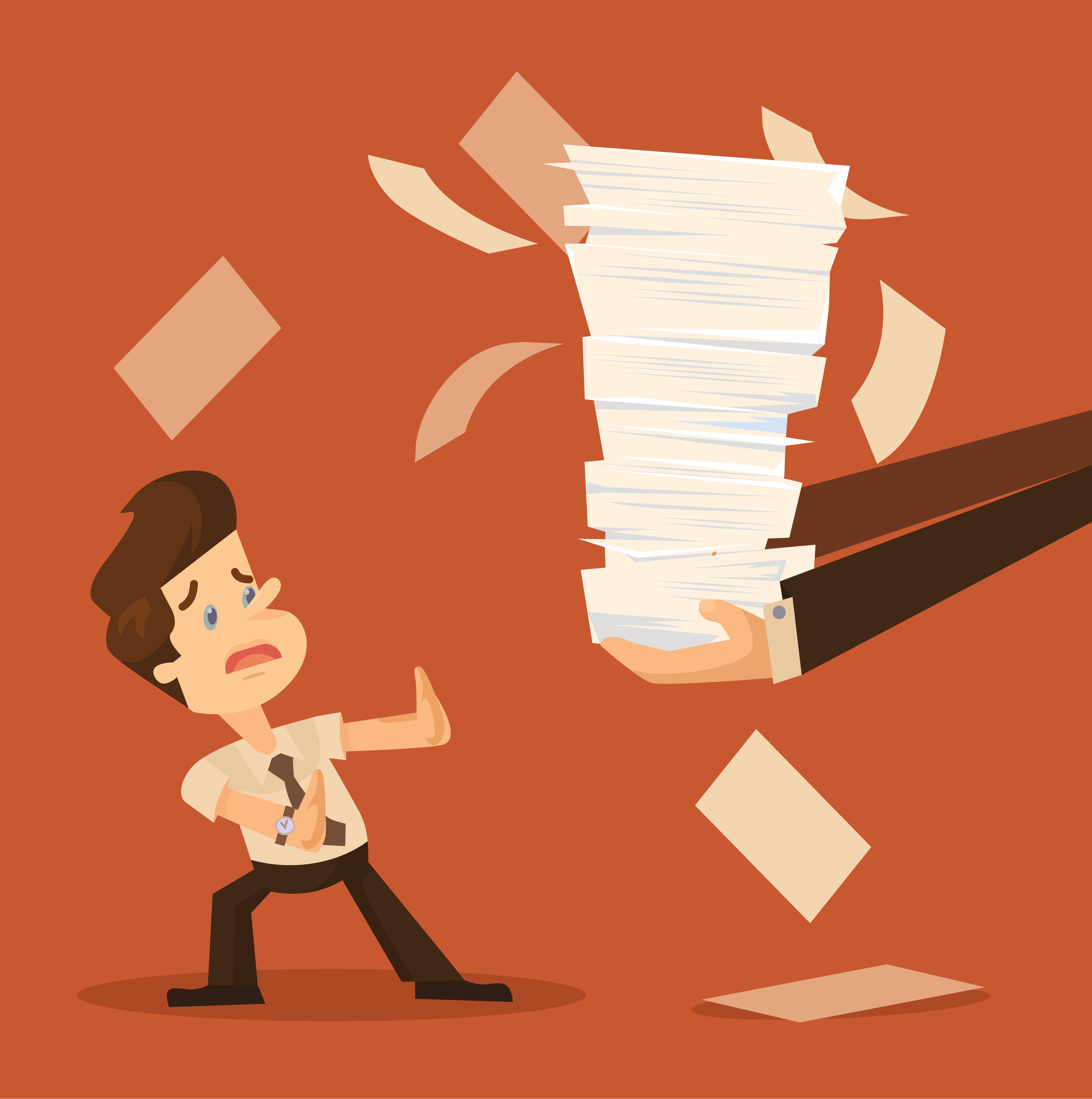Bitcoin? Blockchain? Baffled!
Don’t worry, you’re not alone if you’re feeling a little out of the loop.
With so much jargon being thrown around, it can be difficult to see the wood for the trees. Hopefully, we’re here to make things a bit clearer.
A simple definition of blockchain
Blockchain is a self-auditing network of information. Initially for use with cryptocurrency, it’s a compilation of records broken down into ‘blocks’.
Bitcoin’s digital ledger was the very first example of blockchain, storing information behind digital coding without the need for a central storage location.
Blockchain information is kept on millions of computers (‘nodes’) around the world, visible to anybody with access to the internet.
A Block = digital information about a single transaction (date, time, value, coded username of whoever made the transaction).
Chain = the chronological public database built as these blocks join together.
How does blockchain work?
Let’s break it down:
- Somebody completes a transaction.
- A network of computers verifies the transaction.
- The transaction creates a block, and given a unique ‘hash’ code. This locks it into the hash of the previous block, interlinking them.
- The block is then added to the chain.
This process takes place every 10 minutes, so it updates a lot – a bit like a live social media feed.
Is blockchain beneficial for my business?
Yes and no… (but mostly yes!)
The potential cons
- Although blockchain will undoubtedly save small businesses money in the long run, the initial investment is hefty. The technology you need to implement in order to deploy a blockchain system is extremely expensive. It’s not necessarily something many micro ventures will be able to afford.
- Despite the positive improvements around security of data and digital information, the node network storing it is still susceptible to attack.
As with most things, blockchain cannot promise to be 100% risk-free.
The pros
- Significantly safer and more trustworthy storage of transaction information, personal records and business systems by lowering the risk of stolen data.
- As a system which runs 24 hours a day, 365 days a year, blockchain eliminates the need for third party verification of bank transactions. This removes the fees businesses pay when customers use a credit card.
- Due to its round-the-clock operation, blockchain also makes completing transactions across countries much more efficient as issues around time zones are eliminated.
- A single block has the power to store thousands of unique hashes (transactions) so it is an efficient way to house a large amount of information.
- By nature, blockchain is a shared database of information so there isn’t one central location which can be attacked.
- As an accurate computing system, blockchain reduces the risk of human error.
Of course, there is still a risk of technical glitching but research suggests that you would need at least 51% of the network to go wrong to upset the chain, which is highly unlikely.








Leave a Reply